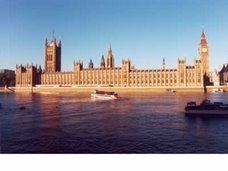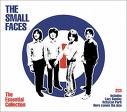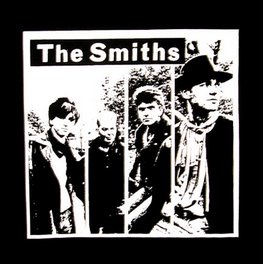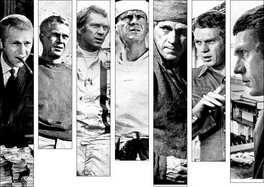A couple of days ago I referred to the issue of the Lockerbie bombing, together with the news that an appeal has been authorised re the sentence given to Abdeldaset al Megrahi. Megrahi, a senior Libyan intelligence officer, was sentenced in 2001 to 27 years in jail for his part in the 270 deaths. At the time, the case was considered one of the most important trials in modern judicial British history. Conducted in Holland on a piece of land designated for the period of the trial as under Scottish law, the case has always been shrouded by controversy and conspiracy. Why then the appeal, and what are the ramifications?
Megrahi was convicted on the evidence of a Maltese shop keeper, who in December had sold clothes to a Libyan later identified as Megrahi, which were later used to wrap round the bomb which blew up the Pan Am flight over Lockerbie. Considered a major piece of forensic research and investigation, the owners positive identification, together with the evidence of a CIA agent, twere deemed enough to prove the case and sentence was commuted to a Scottish jail.
The Court of Appeal is unhappy however, with the circumstances of the Maltese shopkeepers evidence. Four days before he identified Megrahi as the purchaser, he had seen a picture of the Libyan official in a newspaper article linking him to the bombing. Megrahi also claimed that when he was in Malta the Christmas lights at the shop were off. On the day he was supposed to have made the purchase, they were on. His lawyers argue that he could not have been there when the authorities claim he was. There is also the issue of the initial suspects in the bombing, the Popular Front for the Liberation of Palestine, a terrorist group with links to Iran and a track record for bombing planes. Strong evidence has been put forward linking them to the attack.
Lockerbie is still a very emotive issue for both this country and the people of Scotland and America. The evidence presented however, under normal circumstances would be strong enough to create a level of doubt that would negate the initial sentence. The handing over of the Libyan suspects is also considered the initial beginning of Gadaffi’s return to the international arena. Was Megrahi a scapegoat to achieve this rehabilitation?
Before the year is out, five Scottish judges will hear Megrahi’s appeal, and it is the outcome of this review that concerns me. Whether he is released or not, the relatives and family members of those killed will once again be reminded of their loss, together with the additional burden that justice might not have been delivered. Even if the appeal is overturned, there will always be an air of conspiracy about the proceedings. There are also the international ramifications. If the conviction is quashed, it will be the greatest miscarriage of justice in British history, and will do irredeemable damage to our world reputation for fair play and impartiality. It will also be fuel to the radicals who claim that our persecution of those of Middle Eastern origin knows no boundaries. Regardless of the outcome, trouble looms.





































No comments:
Post a Comment